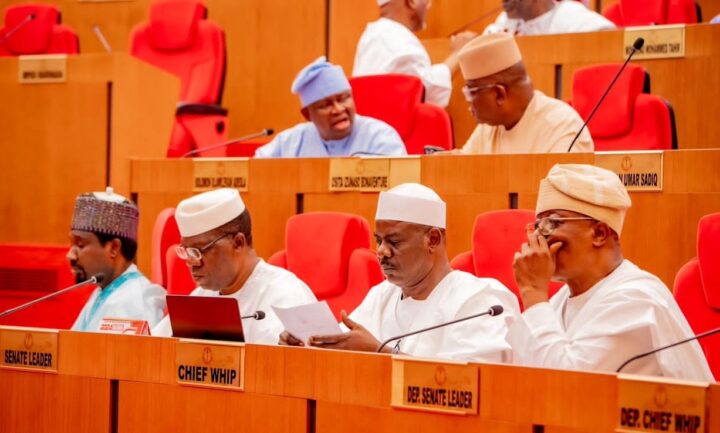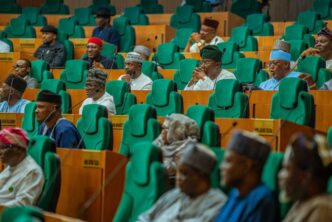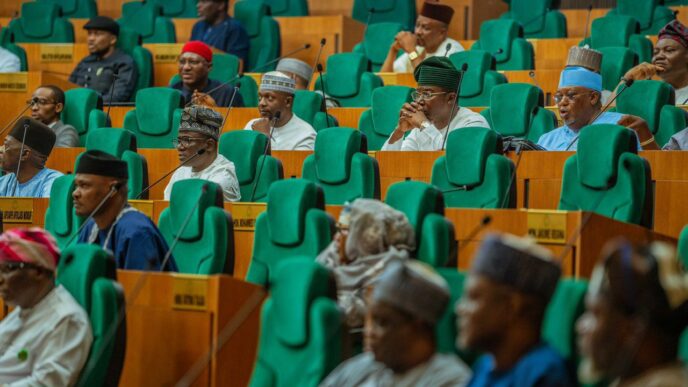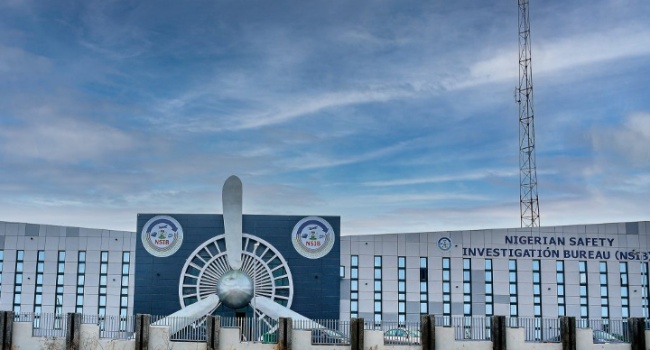President Bola Tinubu says his administration is committed to transforming the country’s livestock sector into a commercialised industry.
Tinubu spoke in Abuja on Thursday during the consultative workshop on livestock reforms at the State House conference hall.
The president lamented that Nigeria had neglected livestock farming on a commercial level for a very long time, noting that the country would have benefited immensely if the sector had not been neglected.
He added that milk and dairy products account for $1.2 to $1.5 billion of the country’s import bill as a result of the neglect of the livestock sector.
Advertisement
“The livestock sector is critical, and we will give all it needs to bring value to our country,” Tinubu was quoted to have said in a statement by Bayo Onanuga, his media aide.
“Stakeholders, I assure you that you will not regret the collaboration and investment in this sector.
“It is about time that we do it right. A country of over 200 million people and cannot serve our children one pint of milk in a classroom per day? That is not right.
Advertisement
“We didn’t see the investment opportunities. We didn’t see the economy of livestock in the past. Now that we have seen it, we must work together to restart the sector.
“The potential is immense. With 563 million chickens, 58 million cattle, 124 million goats, 60 million sheep, and 16 million pigs, Nigeria is the leading livestock producer in West Africa. Yet, despite this vast resource, we face stark realities.
“Our annual production of animal-source foods, like milk at 0.7 billion litres, meat at 1.48 million tonnes and eggs at 0.69 million metric tonnes. These fall far short of our needs.
“Our per capita consumption levels — 8.7 litres of milk, 9 kg of meat, 3.5 kg, or 45 eggs per year — are troublingly low compared to global averages. These are 44 litres of milk, 19 kg of meat, and between 160 and 180 eggs per year.
Advertisement
“What is more worrisome to me is the average milk yield by cow breeds managed by our pastoralists: it is a mere 0.5 to 1.5 litres per day, compared to a global average of 6.6 litres per day. We can do much better!
“The long-term neglect of the livestock sector has weighed heavily on the country’s import bills, with milk and dairy products accounting for $1.2 to $1.5 billion.
“Yes, we can do it. We can bring prosperity to our people. We can feed our children. From grass, we can achieve grace. We can contribute so much to the Gross Domestic Product (GDP) and provide decent jobs.”
Also speaking, AbdulRahman AbdulRasaq, governor of Kwara, assured the president that state governments will support the livestock sector reforms.
Advertisement
Add a comment










